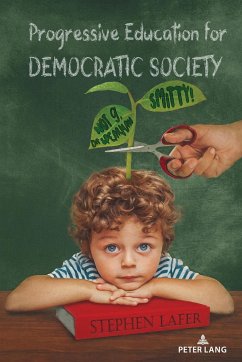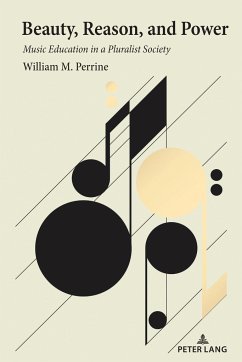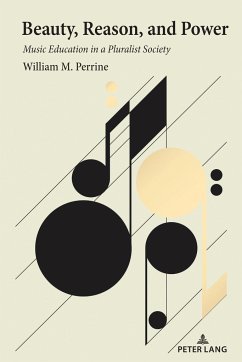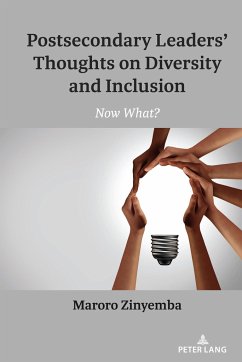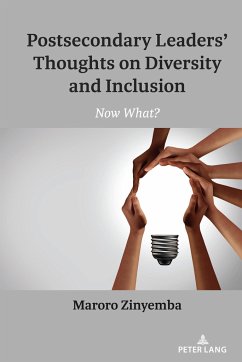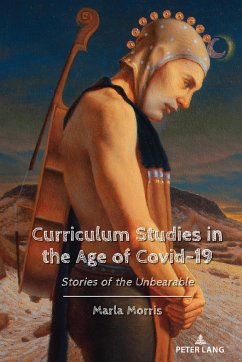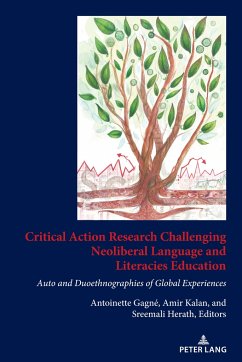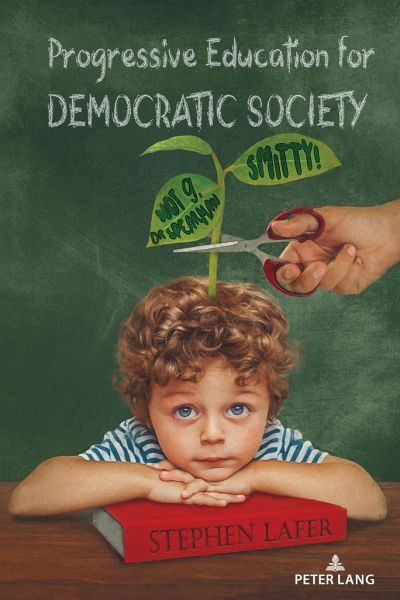
Progressive Education for Democratic Society
Smitty! Not g, Dr. Spearman
Versandkostenfrei!
Versandfertig in 6-10 Tagen
111,95 €
inkl. MwSt.
Weitere Ausgaben:

PAYBACK Punkte
0 °P sammeln!
The American educational system, because it is based in behaviorist rather than progressivist philosophy, has not well-served the development of a citizenry capable of effective participation in the democratic decision-making process, the remedy being the progressivist methods described in the later chapters of Progressive Education for Democratic Society. The mistreatment of mind in schools, historically, is intentional, the consequence being the use of curriculum and methods that are intended to inculcate students in a manufactured truth rather than promote the development of critical thinki...
The American educational system, because it is based in behaviorist rather than progressivist philosophy, has not well-served the development of a citizenry capable of effective participation in the democratic decision-making process, the remedy being the progressivist methods described in the later chapters of Progressive Education for Democratic Society. The mistreatment of mind in schools, historically, is intentional, the consequence being the use of curriculum and methods that are intended to inculcate students in a manufactured truth rather than promote the development of critical thinking skills necessary for assessing the truth value of contents. While this emphasis does not educate students to be critically thoughtful participants in the societal decision-making process, it does pave the way for passive acceptance of an unfair and inequitable economic system, its beneficiaries the few and the wealthy while the masses are kept content and relatively subdued. Progressive educational methods are described and promoted as means for the creation of a sane and humane democratic society. These methods are student-centered, the student the creator of meaningful knowledge developed by treating information analytically in order to discover inherent truth value-this, the basis for effective decision-making as an individual and as a member of a democratic society. Freedom and responsibility are the linchpins of a free and, at the same time, humane society, responsibility leading to voluntary curtailment of freedom, enough so that all may enjoy the benefits of a free society. The book discusses issues of proper and improper authority in order to argue for schools in which students know how to benefit from the proper and challenge the improper.





